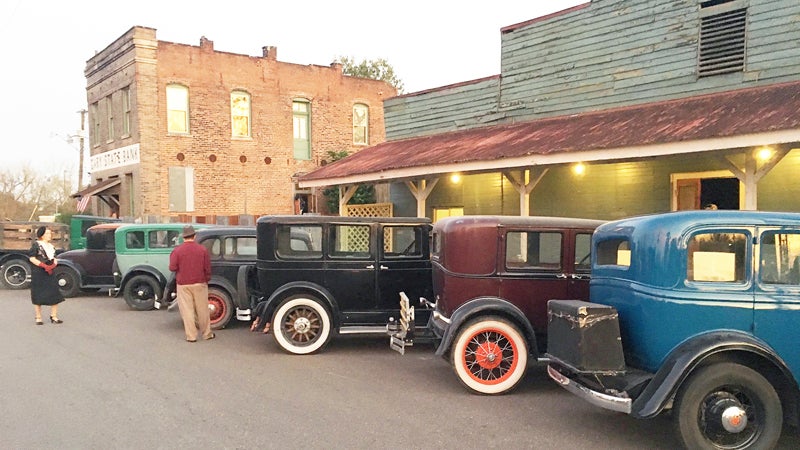House Bill 562, sponsored by House Speaker Clay Schexnayder, R-Gonzalez, aims to extend the tax credit set to expire in 2025 to 2035, and to improve oversight of industry spending in the state.
“We want to keep the industry here in Louisiana,” HB 562 co-sponsor Rep. Paula Davis, R-Baton Rouge, told the Senate Committee on Revenue and Fiscal Affairs this week. “We’re extending the sunset now because it provides consistency and stability for the industry, and it sends them the message Louisiana is still open to do business.”
“Overall, the MPITC appears to have a positive impact on the state’s economy because it generates more household income than it costs the state, but the credit does not generate enough state tax revenue to make up for the revenue that the state loses,” according to a report from the Louisiana Legislative Auditor’s office released Monday.
The report estimates “72% of the jobs and 78% of the productions in Louisiana’s motion picture industry are located in the New Orleans area.
“Among credits certified in fiscal years 2021 and 2022, 19% of projects (accounting for 4% of incentive dollars) qualified for the added 5% incentive for producing films outside of the New Orleans area,” the LLA reports.
The LLA report comes at the request of lawmakers, including some who question the value of the credits and cost to the state.
“This is the worst kind of tax policy,” said Sen. John Morris, R-West Monroe. “I do have an issue with how long the sunset is.”
Morris noted the incentives are larger than the state’s funding for Louisiana universities, despite the vast majority of the benefits going to southeast Louisiana. Morris contends the credits could become a problem with the scheduled expiration of a temporary 0.45 cent sales tax and threat of recession.
“When all that hits, I know at least one senator who will not be raising taxes to pay for this,” he said.
They also pointed out some projects filmed outside of New Orleans were not included in the LLA report. HB 562 would require regional tracking data on industry spending.
“Currently we do not track where the money is spent, where the dollars go in the state,” Davis said. “So that’s going to give us a better idea of where movies are being filmed, where dollars are being spent, where people are living, working and making movies.”
HB 562 cleared the House with a vote of 75-23 last week, and received its first hearing in the Senate on Monday. The Senate Committee on Revenue and Fiscal Affairs is scheduled to revisit the bill on Thursday, when it could move to the Senate floor if approved.





